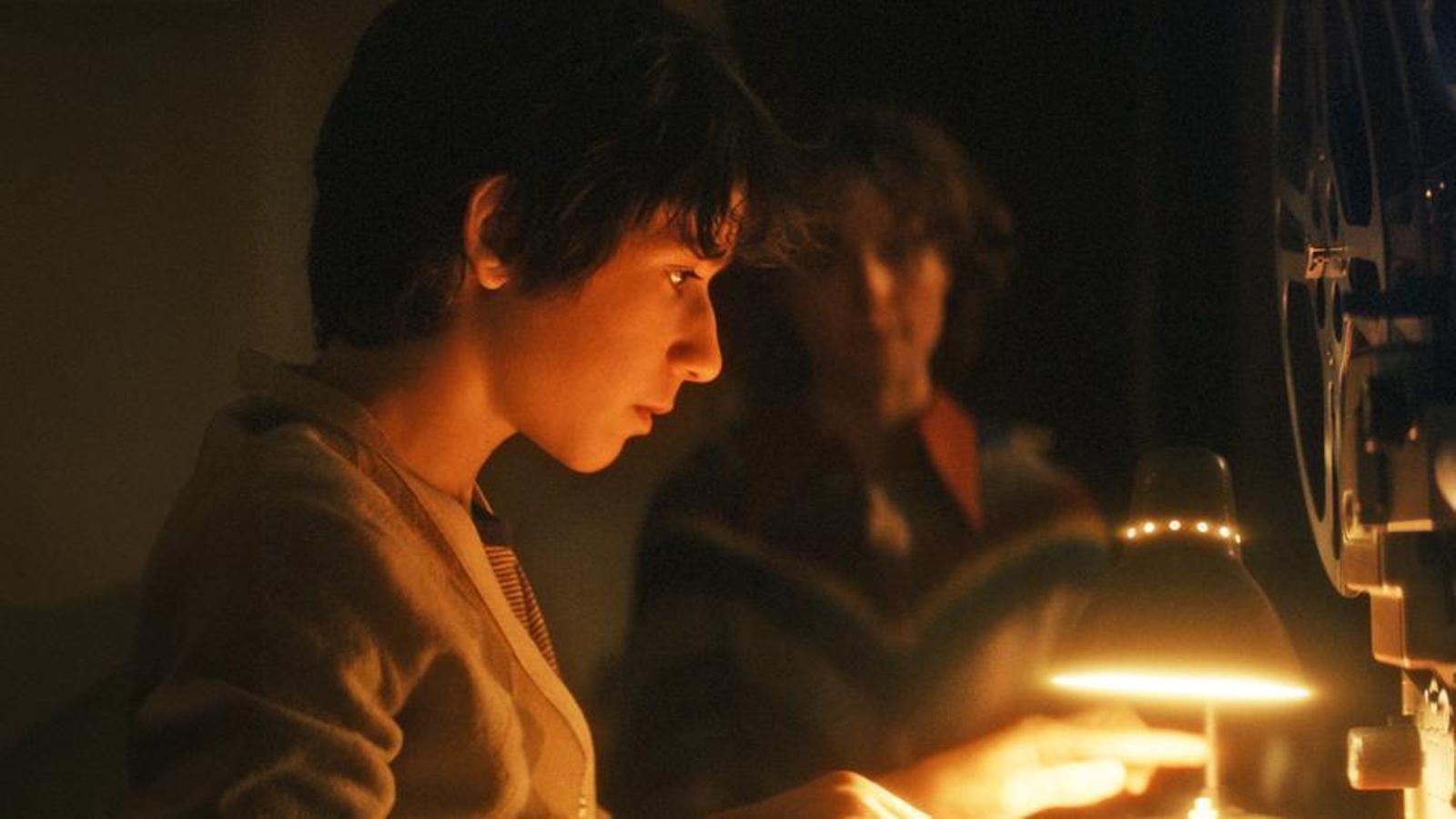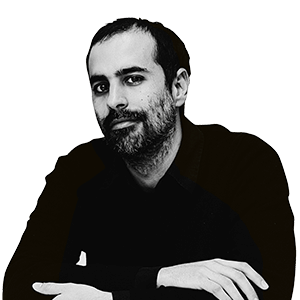Arnaud Desplechin: "Cinema is a corpse in very good health."
The French director signs an original and dazzling love letter to cinephilia in 'Cinéfilos'.


BarcelonaCine Paradiso (1988) established in the popular imagination a certain way of paying homage to the love of cinema and the experience of seeing it projected in a dark room, but there are other ways of filming cinephilia. Instead of being tear-jerking and excessively nostalgic, it could be exciting and sensitive, a tribute that would reach the heart without renouncing intellectual ambition and narrative daring. One that would exploit the possibilities of cinema as a language and not just the resources of sentimental melodrama. A film, in short, that was more like Cinephiles, by Arnaud Desplechin, which premieres on the Filmin platform this Friday, a beautiful love letter to cinema that naturally hybridizes the forms of film essay, autofiction and the author documentary.
The common thread of Cinephiles (Spectators! in the original French title) is the mutant presence of Paul Dédalus, alter ego Desplechin's character, which in other films was often played by Matthieu Amalric, and which is played here by different actors and actresses of diverse ages and ethnicities. "I liked the idea of seeing him as a young girl, an African-American, or a small child," Desplechin explains via video call. "For me, Paul isn't anyone in particular; he could be anyone, so I thought he could function as an avatar for the viewer." The character is the vehicle for fictionalizing scenes from the director's film memories, such as his first visit to a movie theater with his grandmother, or the moment, years later, when he decided to become a director while watching the beginning ofThe 400 blows. More than a story, these and other scenes form an impressionist mosaic in the form of autofiction that coexists with documentary sequences. For example, juicy reflections by experts on the nature of cinema in relation to photography and painting or interviews with anonymous people who share memories related to cinema ("The first film I saw was The Battle of Algiers, at 13, and I was very scared," says a man whose family was tortured during the Algerian War.
Cinephiles It also provides evidence of Desplechin's cinematic taste through fifty film fragments commented on in the style of Godard's Histoire(s) du cinema, an eclectic selection that includes everything from undisputed works by geniuses such as Hitchcock, Scorsese and Welles to recent popular classics such as Notting Hill by Roger Mitchell, Minority report by Steven Spielberg and Aliens James Cameron's. And no, although it may seem so, the director hasn't had to drop half of the budget to secure the rights. "On the contrary, with American cinema it was very easy, because I told them: 'Look, I'm French and poor, and I only have this much money.' And they always accepted, it was a piece of cake," Desplechin explains. "On the other hand, Italian cinema was a nightmare, because every time you ask for the rights to a film, six producers appear: paying six times more than for Minority report".
The impact of 'Shoah'
But the film that Desplechin talks about the most is Shoah, Claude Lanzmann's monumental documentary about the Holocaust. The director recalls the profound impact it had on him when he saw it on the day of its premiere, so intense that for six months he couldn't talk about what he had seen without crying: "I told all my friends and family that they had to see it." Shoah, and everyone refused, saying it was nine hours long and they already knew, what counted. And I insisted that no, they didn't know, with a desperation to be believed similar to that of the witnesses in the documentary." Desplechin ended up cultivating Lanzmann's friendship, but in Cinephiles goes to meet the literary critic Shoshana Felman to thank her for the article she wrote about Shoah, a reflection that helped him understand and digest the pain that the film had caused him.
It is inevitable, even for Desplechin, to compare Cinephiles with recent films by authors such as Spielberg (The Fabelmans), James Gray (Armageddon Time) and Kenneth Branagh (Belfast), which reflect on the past and his cinephile education. According to the French filmmaker, "Covid is to blame" for the coincidence in time of these works. "All over the world, many directors realized that we have inherited a treasure, the experience of watching films in a theater, which perhaps would not exist in the future," he argues. "And, therefore, we had to transmit it somehow."
However, neither Depleschin nor his film are pessimistic about the future of cinema. The director recalls that he is French and that he grew up reading articles by Godard and critic Serge Daney stating that cinema was dead and buried, that it was a corpse. Ironically, he admits that Godard and Daney were right, but notes that "cinema is a corpse in very good health." And remember that in an interview with Bergman, when the interviewer called his films masterpieces, he contradicted him: "My works are garbage if you compare them with those of Dreyer and Sjöström." A few years later, Desplechin saw an interview with Woody Allen ("In His Best Time," he clarifies) in which he did the same: he said that his films were nothing compared to Bergman's. And he adds: "When I released my first film, an interviewer, to be polite, compared it to the films of Woody Allen, and, of course, I replied that I was nothing compared to Allen. So the history of cinema can be described as a journey that always goes downhill, and it is certainly a dead art, but in very good shape."
